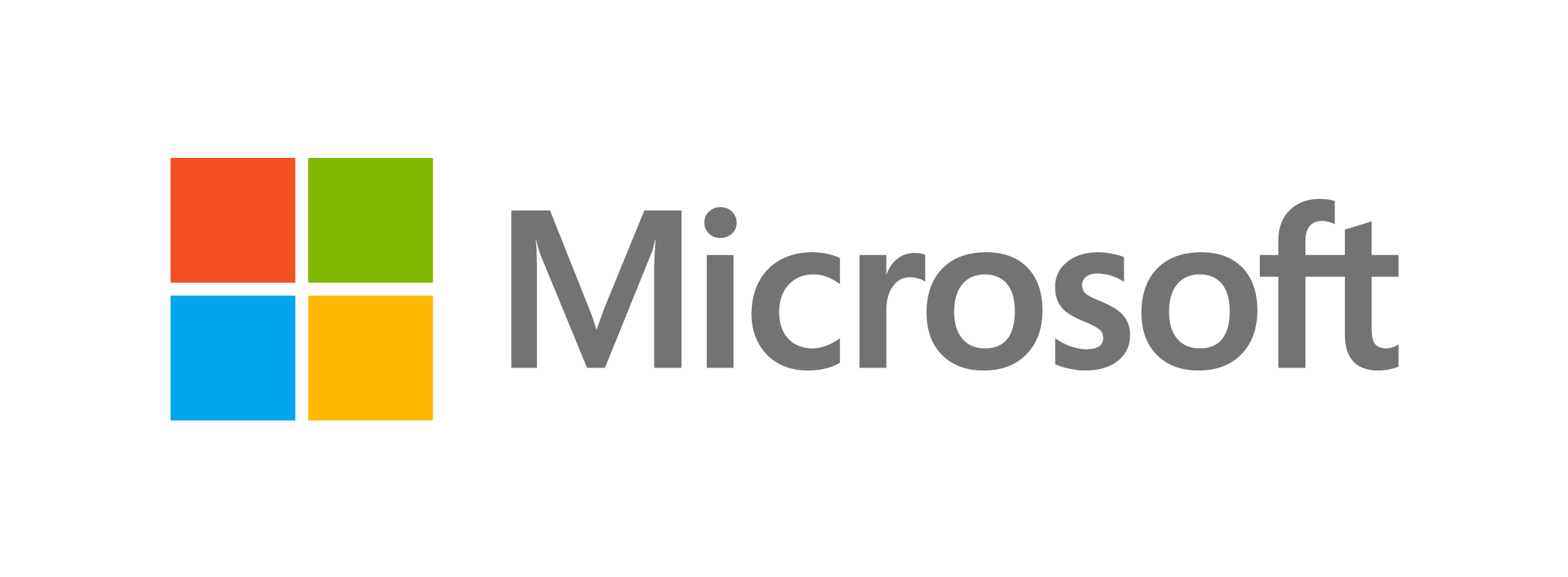What is STEM and why is it important? #STEMtember
Microsoft Unlimited Potential Blog
STEM is an acronym for science, technology, engineering and math. STEM education is not only critical for preparing our future doctors, researchers, rocket scientists and game designers, it’s becoming more important for every type of job in the workforce. The problem is that most countries in the world aren’t producing enough STEM graduates. In the United States for example, the U.S. Department of Labor estimates there will be more than 1.2 million job openings in STEM-related fields by 2018, but not enough people to fill them.
As President Obama remarked in his State of the Union address in January 2011, “maintaining our leadership in research and technology is crucial to America's success. But if we want to win the future – if we want innovation to produce jobs in America and not overseas – then we also have to win the race to educate our kids.”
Companies in the private sector need STEM graduates to create the next generation of exciting innovations, and there are incredible career opportunities for students who take STEM degree courses.
For millions of students around the world September is back-to-school time, and to coincide with the new academic year we’re launching a month long set of announcements and events focused on promoting awareness of STEM and its importance.
Starting today we’re using the hashtag #STEMtember to pull together STEM related content, news and opinions on Twitter throughout the month.
To get things started we’re releasing the results from two surveys we have commissioned to discover the views of parents and students on how we can encourage more people to study STEM subjects.
Microsoft has been committed to encouraging students to pursue a career in STEM for many years. We have put in place a range of global and local programs to encourage students to explore the possibilities of a career in STEM from the Imagine Cup to Partners in Learning, DigiGirlz, and the Kodu Game Lab.
We’re looking forward to the discussion, check back for a range of content, news, opinions and resources throughout the month. It’s going to be a busy #STEMtember!
Read the results of our STEM survey.
Microsoft STEM related programs and resources:
-
Partners in Learning: A 10-year, nearly $500 million commitment to help schools increase their access to technology and use it more effectively in teaching.
-
Imagine Cup: A global competition for students ages 16 and up to strengthen technical, problem-solving and communication skills by helping solve issues inspired by the UN Millennium Goals.
-
Kodu Game Lab: A free game design tool that enables kids to easily build their own video games for the PC within minutes by dragging and dropping images and simple icons, rather than using complex programming languages.
-
DreamSpark: Provides no-cost access to Microsoft designer and developer tools for students and educators around the world, to support and advance the learning and teaching of key technical skills. Since its introduction in 2008, students in more than 137 countries have utilized DreamSpark.
-
Students to Business: Helps companies connect with and hire talented university or post-graduate students for jobs or internships in the technology industry by matching qualified candidates with open positions.
-
Innovative Teaching & Learning Research: A multi-year study examining the links between innovative teaching practices and their impact on the skills that students will need for life and work in the 21st Century.
-
Partners in Learning Educators Forum: A forum to showcase creative and inspiring examples of how educators and schools are using technology.
-
Washington STEM: This $6 million grant from Microsoft helps to provide technical assistance, teacher-training, access to STEM curricula, and other resources for Washington State’s K–12 education system.
-
DigiGirlz: Tech Camps give high school girls a chance to learn about careers in technology, connect with Microsoft employees, and participate in hands-on computer and technology workshops.
-
Microsoft Math Partnership: Through partnerships with local school districts, universities, and other educational organizations Microsoft has spent $3 million to sponsor the multi-year Microsoft Math Partnership (MMP), which has helped 20 middle schools in eight Washington school districts improve their success rates in middle school math.
-
Employee Volunteer Programs: Microsoft employees volunteer their time to a number of local programs that encourage the pursuit of math and science, including TEALS mentorship, MATHCOUNTS, MESA and FIRST Robotics Competitions, which add fun and excitement to learning.
MSFT16619

